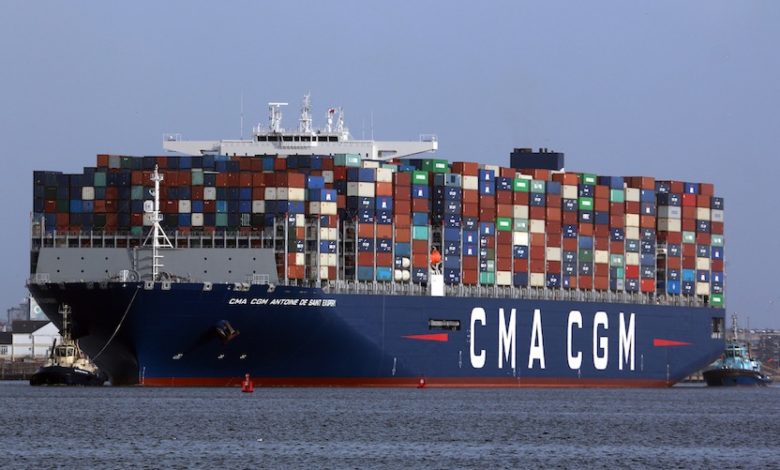By Thomas. Ashely
The interconnected nature of the global economy means that geopolitical events can have far-reaching consequences on various industries, particularly in logistics and supply chain management. The current challenges in the Middle East are creating ripples across the supply chain, affecting costs and operations. This article explores the potential impact of geopolitical issues in the Middle East on logistics and supply chain costs and strategies for navigating these challenges.
Geopolitical Challenges in the Middle East:
The Middle East has been a region historically prone to geopolitical tensions and conflicts. Recent events, such as political instability, trade disputes, or disruptions to key transportation routes, can disrupt the smooth flow of goods and services. For companies engaged in global supply chains, these disturbances pose a considerable challenge.
Impact on Transportation Costs:
One of the immediate effects of geopolitical challenges in the Middle East is the potential increase in transportation costs. Instability in the region may lead to heightened security measures, rerouting of shipments, or even the temporary suspension of certain routes. These changes can result in increased shipping fees, longer transit times, and additional expenses associated with securing goods during transport.
Supply Chain Disruptions:
Geopolitical unrest can also lead to disruptions in the supply chain, impacting the timely delivery of raw materials, components, and finished products. Manufacturers and retailers may face delays in production, affecting their ability to meet customer demands. Such disruptions often trigger a domino effect, leading to increased holding costs, inventory shortages, and potential financial losses.
Fluctuations in Fuel Prices:
The Middle East is a significant oil-producing region, and geopolitical tensions can contribute to fluctuations in global oil prices. As fuel is a critical component of transportation costs, any spike in oil prices can substantially impact overall logistics expenses. Companies may need to adjust their budgets and explore alternative, more fuel-efficient transportation methods to mitigate these effects.
Risk Mitigation Strategies:
To navigate the challenges arising from geopolitical issues in the Middle East, companies engaged in global supply chains can adopt several risk mitigation strategies:
- Diversification of Suppliers and Routes: Companies can reduce dependency on a single source or transportation route by diversifying suppliers and logistics routes. This strategy helps mitigate the impact of disruptions in any particular region.
- Real-Time Monitoring and Visibility: Implementing advanced tracking and monitoring technologies provides real-time visibility into the supply chain. This allows businesses to proactively identify potential disruptions and adjust their strategies accordingly.
- Strategic Inventory Management: Maintaining strategic inventory buffers can help companies weather supply chain disruptions. Having backup stock can offset delays in the delivery of goods and provide a buffer against unexpected events.
- Collaboration and Communication: Building strong relationships with suppliers, logistics partners, and stakeholders fosters effective communication. In times of geopolitical instability, open lines of communication can facilitate collaborative problem-solving and quick decision-making.
- Scenario Planning and Contingency Plans: Companies can develop scenario-based contingency plans to anticipate and address potential disruptions. These plans should outline specific actions to be taken in response to various geopolitical scenarios.
Conclusion:
The current geopolitical challenges in the Middle East are a stark reminder of the vulnerability of global supply chains to external factors. While these challenges present hurdles, proactive risk management and strategic planning can help companies navigate uncertainties. By adopting a combination of diversification, advanced technologies, and collaborative approaches, businesses can enhance their resilience and better position themselves to adapt to changing geopolitical landscapes.



